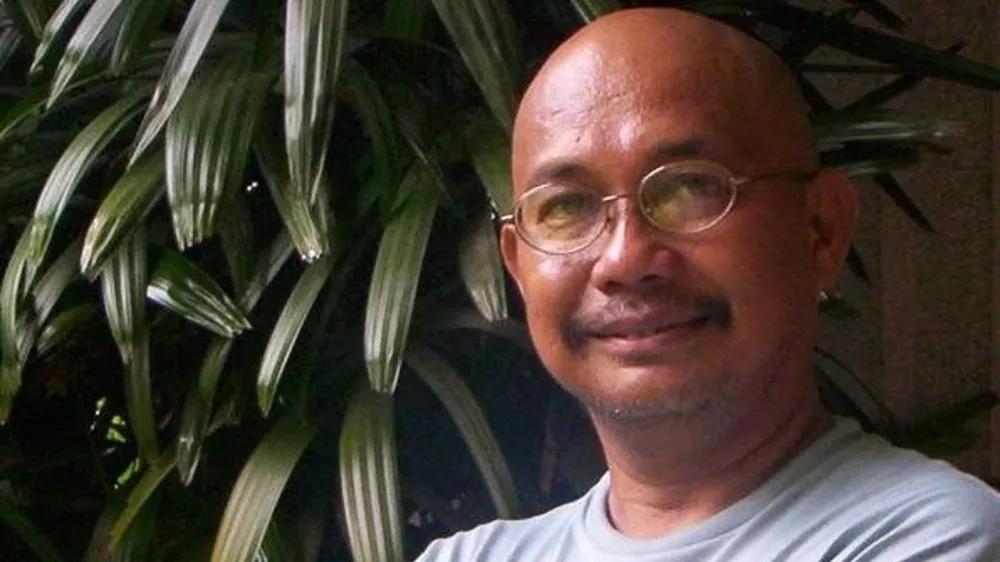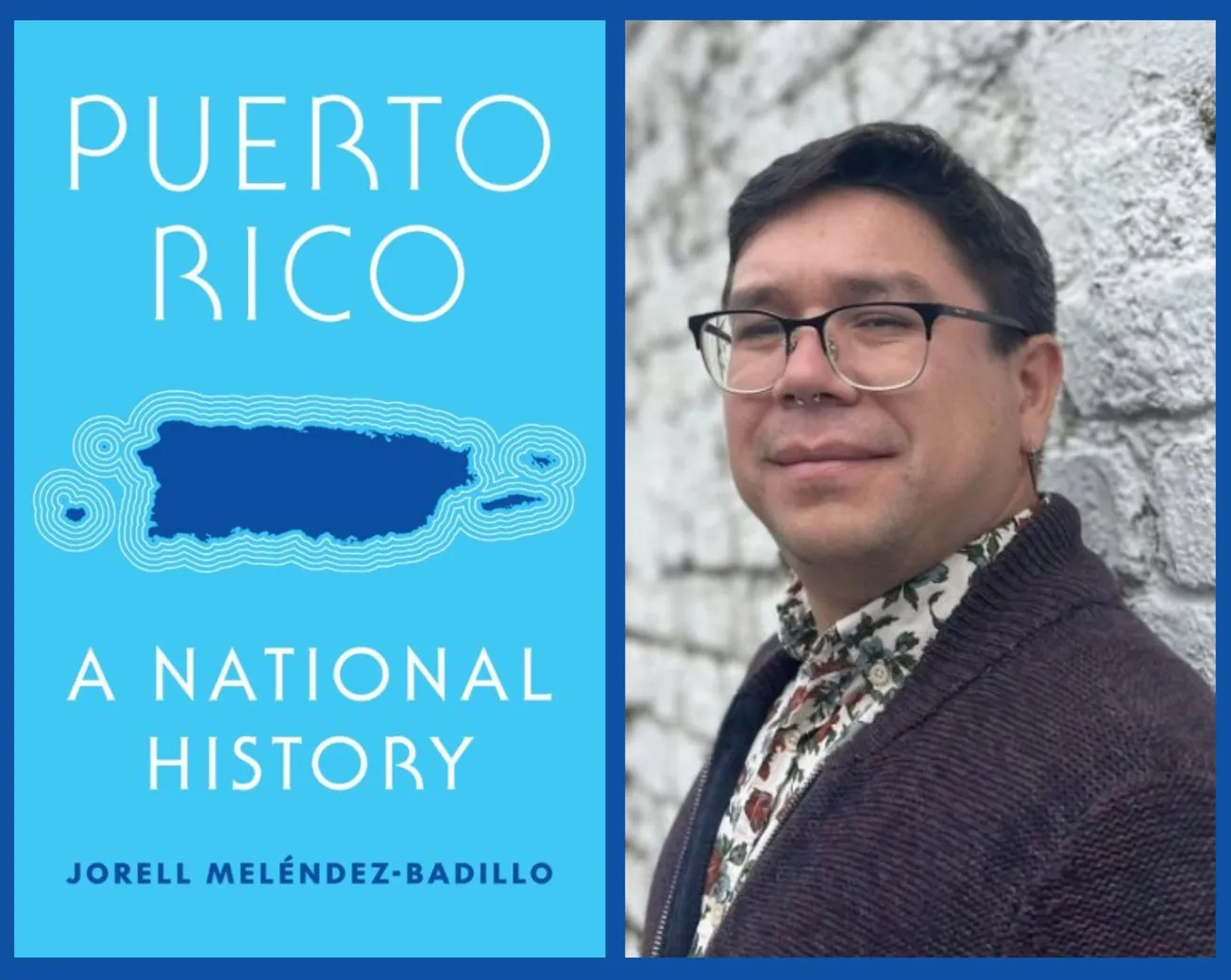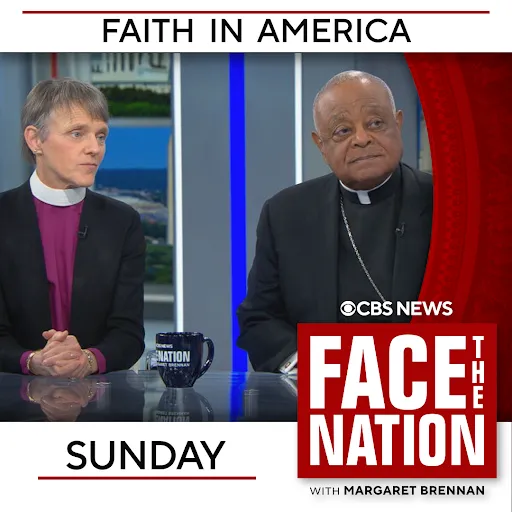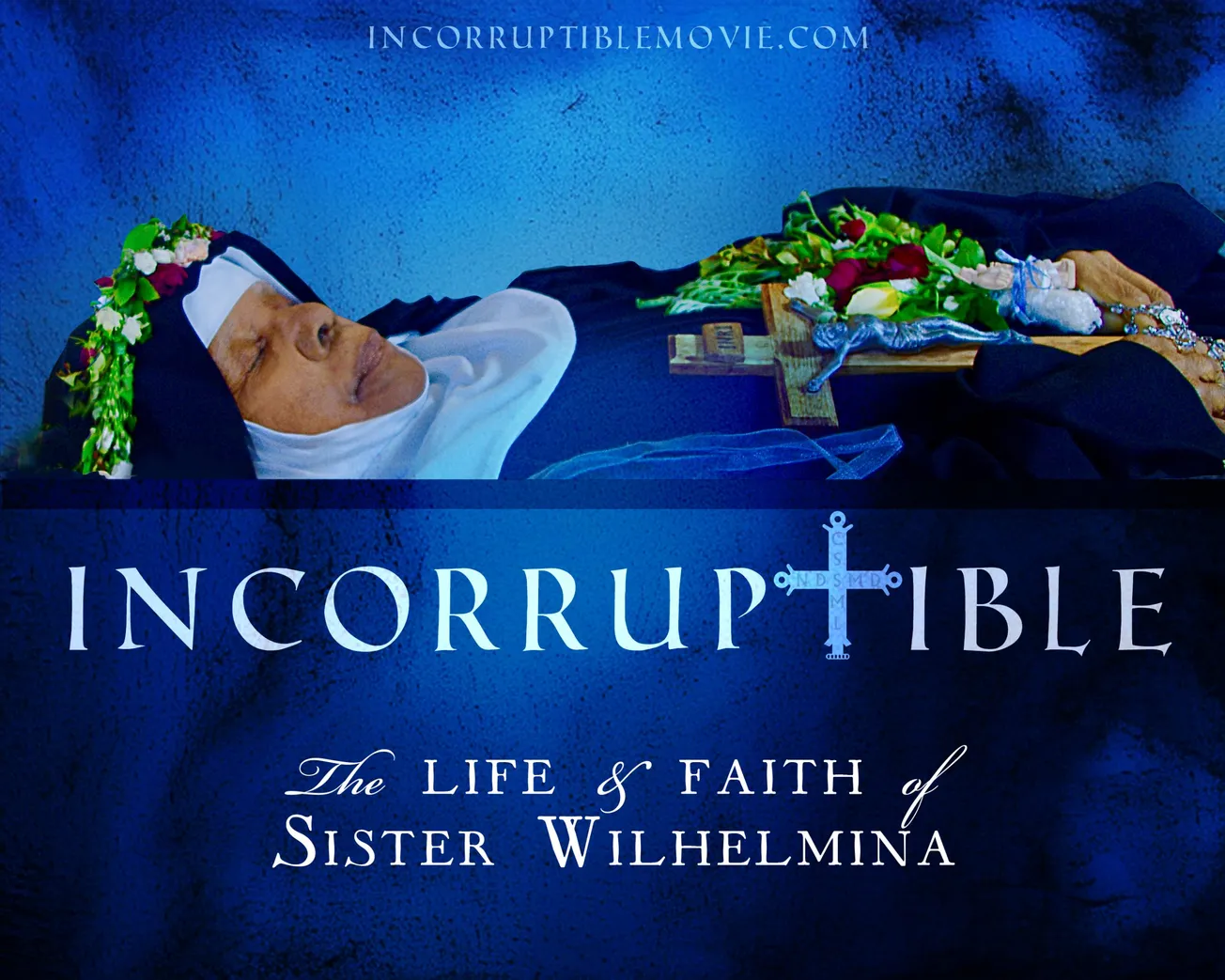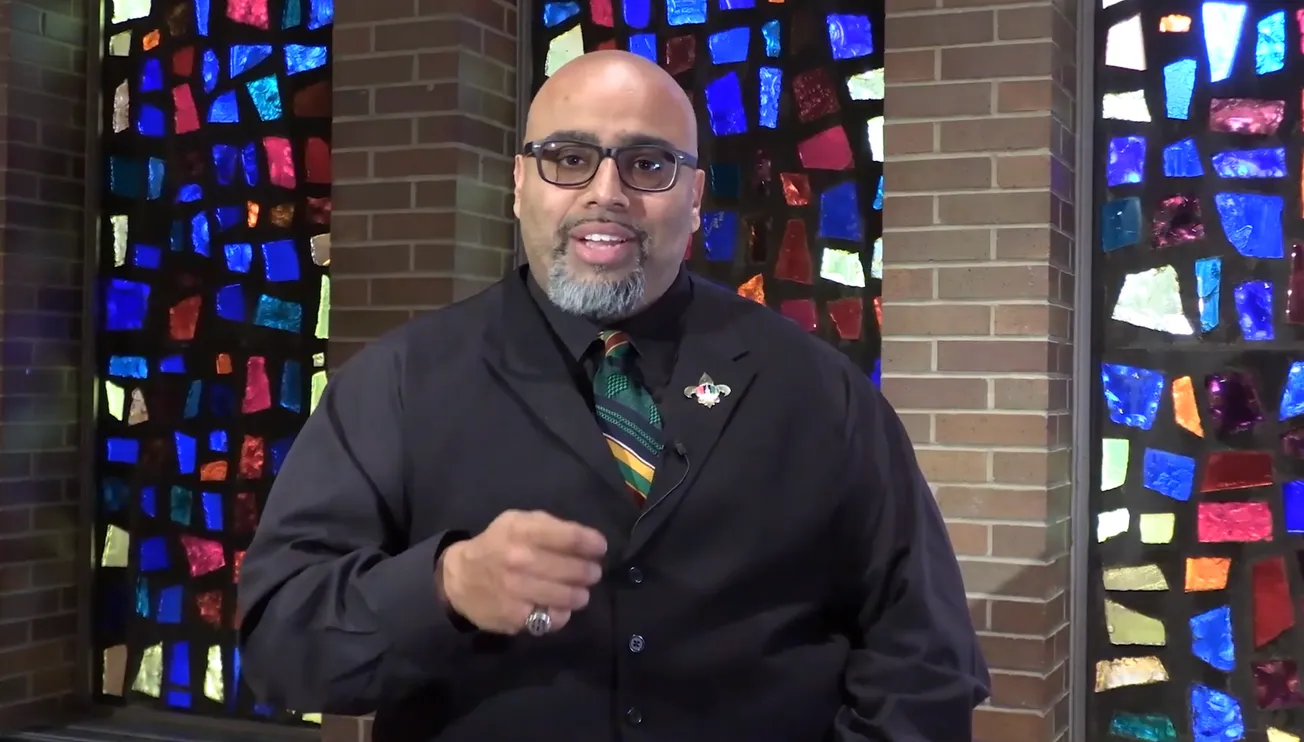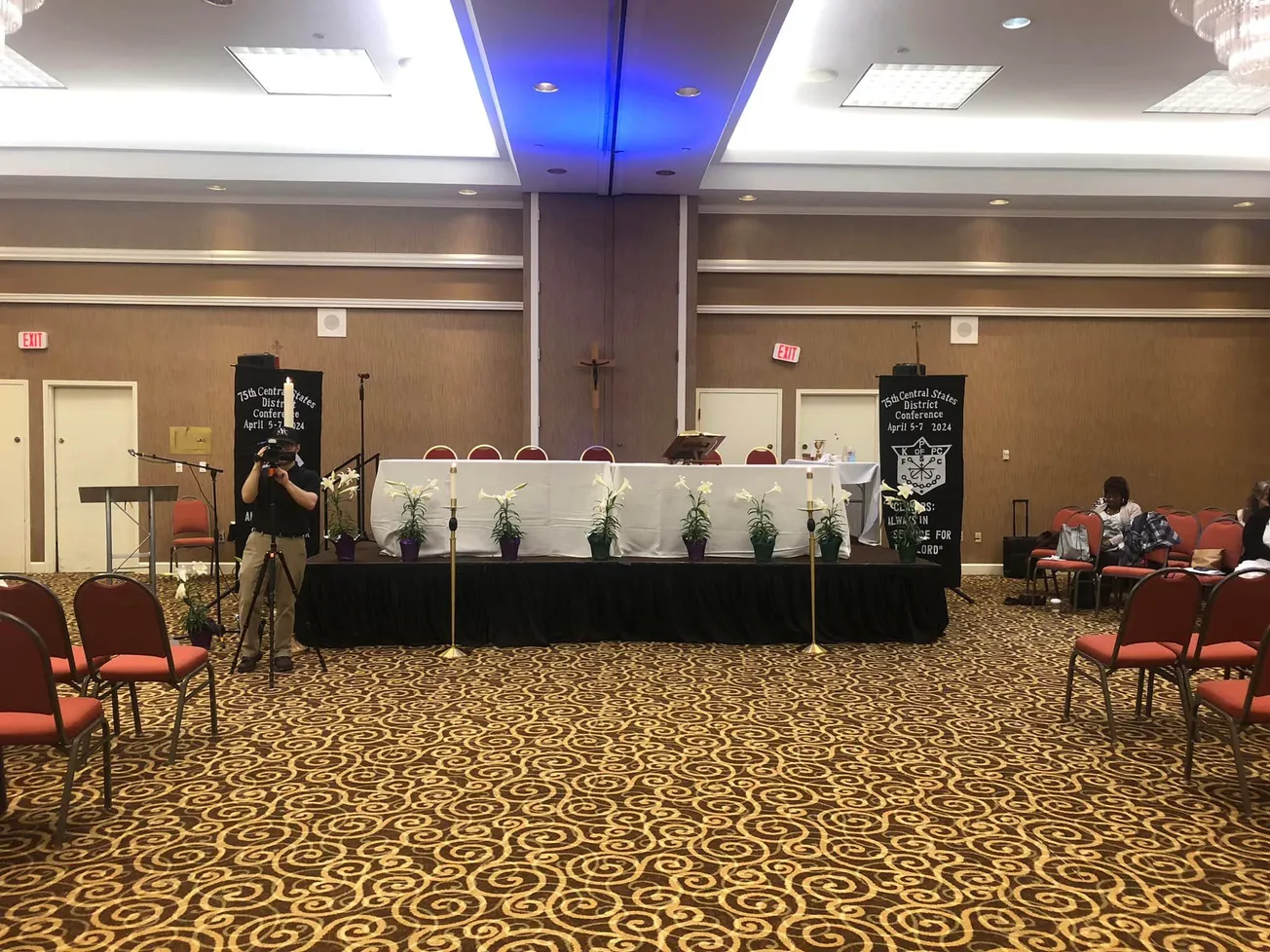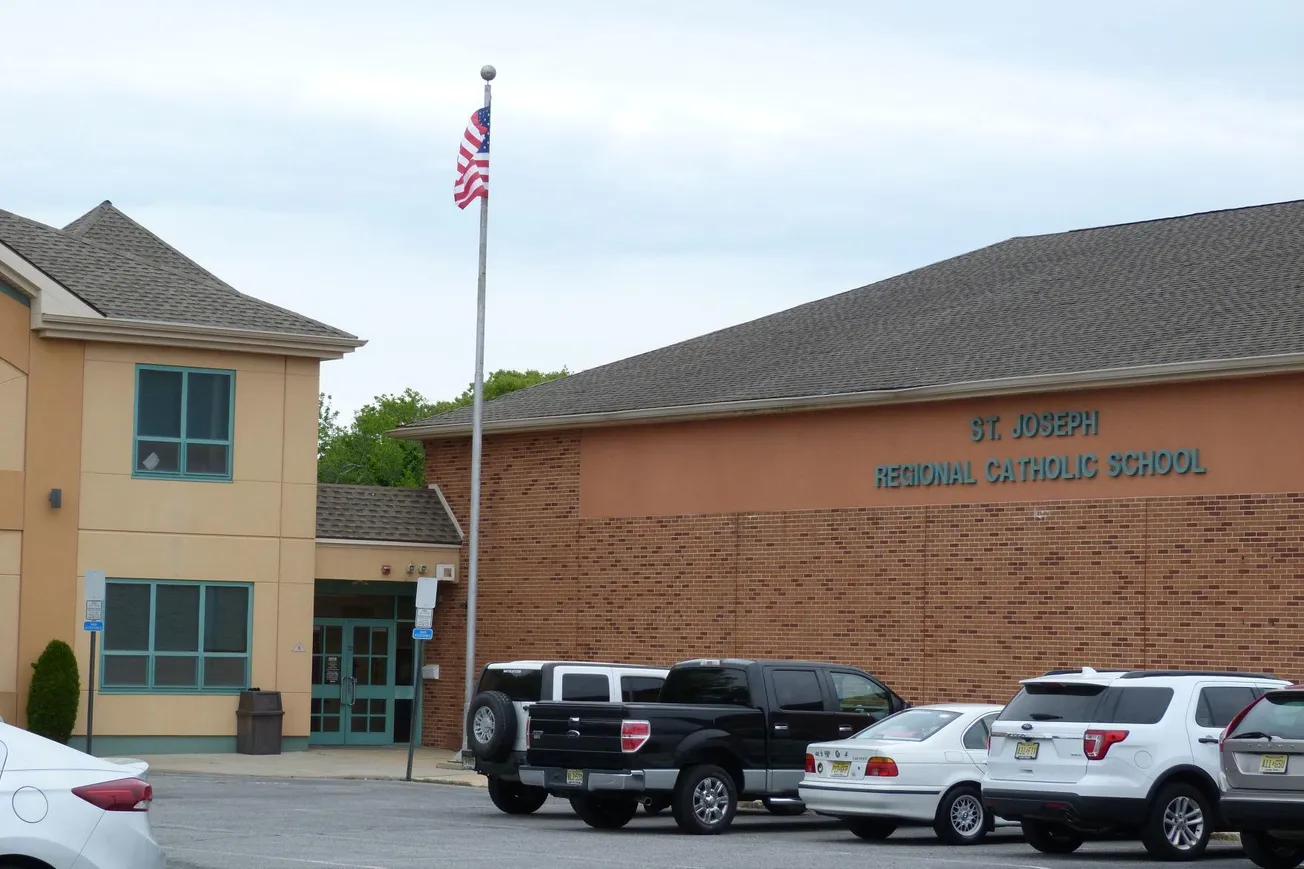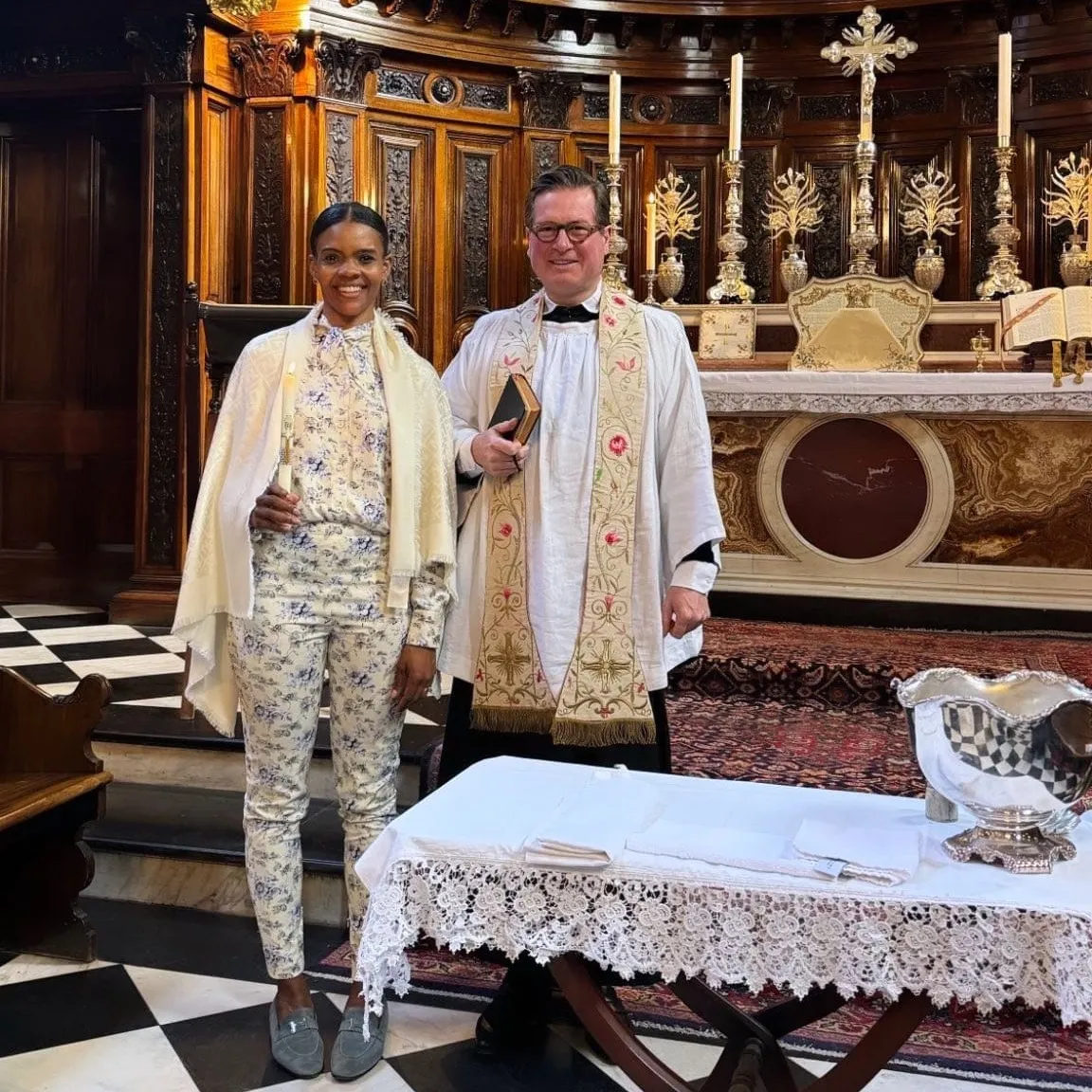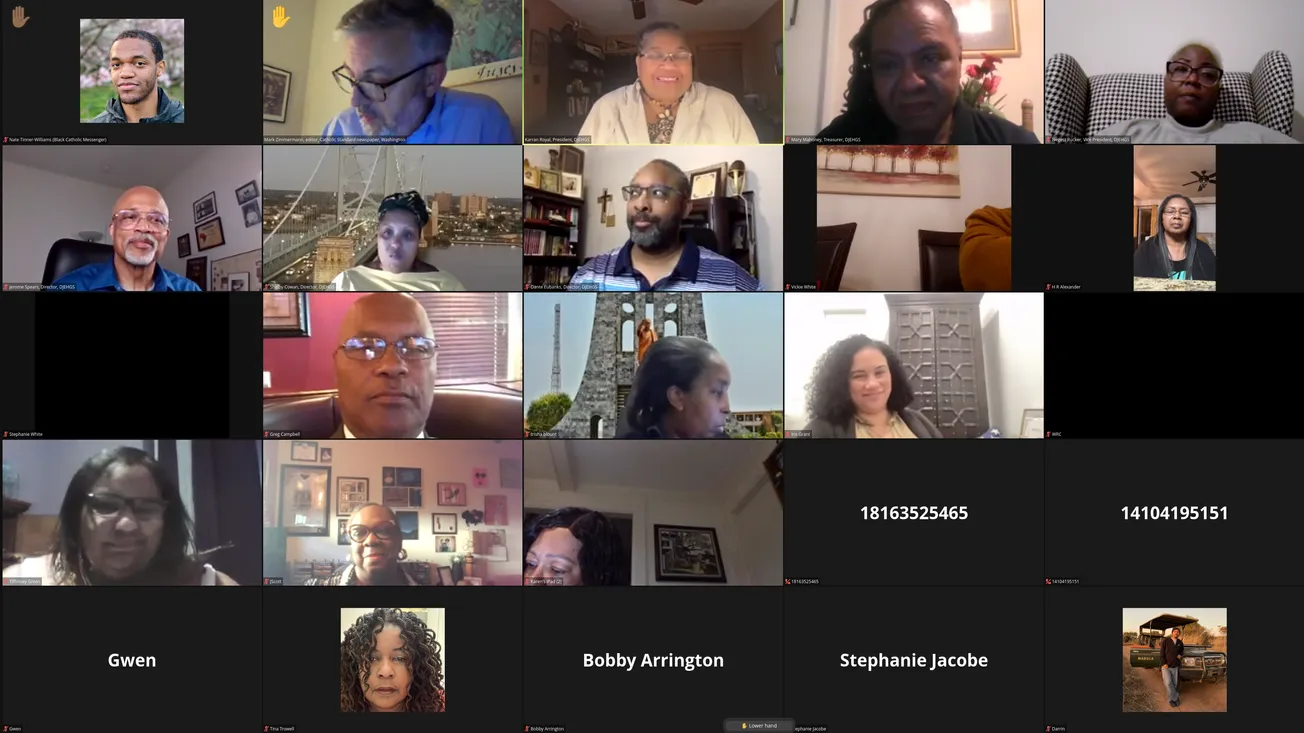Editor’s note: This interview was originally conducted in September 2019 and was published this week on Zuri’s personal blog. It is reprinted here with permission and has been edited for style and clarity.
“The priest must exercise a prophetic role—proclaiming the Gospel of life and denouncing the culture of death.”
—Fr. Amado Picardal
The highlight of my journalism career, which finally came to a close last winter, was an interview that was never written.
Fr. Amado Picardal, CSsR is a Filipino Catholic priest and an early critic of President Rodrigo Duterte’s bloody drug war, which has claimed tens of thousands of lives, including children. I briefly wrote about Fr. Picardal in 2018 when he was eventually forced into hiding for his opposition.
Fr. Picardal has always been a personal hero of mine. As a criminal justice reform activist, a Catholic, and, in 2018, an American whose president praised Duterte’s inhumane drug war, I wanted to learn more about the man who wrote:
“I always knew that my life would be at risk and I have accepted this as a consequence of fulfilling my prophetic mission. I am not afraid of death. I am ready to accept martyrdom if they catch up with me, but I do not seek it nor do I make myself an easy target.”
I wanted the world to learn about the heroism of this man of faith.
In 2019, I reached out to Fr. Picardal. It was my intention to write a piece highlighting his activism and his faith. To my pleasant surprise, Fr. Picardal answered! Our exchange was pleasant and he trusted me enough to give the following interview.
While I’m sad this story never came to fruition, I believe many would still benefit from his words. You can read them below.
St. Dismas, St. Maximilian Kolbe, and all the saints, please keep Fr. Picardal safe.
You have been an early critic of President Rodrigo Duterte’s drug war since he was mayor in Davao City. Why is this issue important to you?
This is not a drug war but mass murder of suspected drug users and pushers and those who oppose his rule. I firmly believe that life is sacred and that everyone (including drug addicts) has a right to life. Killing—including extrajudicial killing—is wrong and cannot be justified. It is against the divine commandment—the 5th commandment. It is against the law of the land—a violation of the constitution.
There were over 1,400 killed in Davao when he was mayor. There have been over 30,000 killed for the last three years of his presidency—most of whom are poor. In spite of his promise to end it in three to six months, the drug problem has not been solved, the drug lords remain scot-free and some of the Chinese drug-lords who were imprisoned have been freed. If this trend continues, by the end of his term there will be over 70,000 victims of extra-judicial killing.
The phony drug war has been used as an excuse for Duterte to come to power and maintain himself in power.
How did you come to find that Duterte won the presidential election in 2016? What thoughts did you have at that time?
Even before the 2016 elections, I warned the public through my writings what would happen if Duterte became president—that the killings would multiply nationwide and that the country would enter another dark period like what happened during the Marcos dictatorial regime. When he won, I was thinking that what I predicted would come true. I felt depressed. I couldn’t believe that there were many Filipinos who could easily be fooled by an incompetent and brutal politician who promised change—who would solve the problems of criminality, corruption, and poverty.
While many in the international community have condemned the brutality of Duterte’s drug war, he still enjoys high approval ratings in the Philippines. Before you went into hiding, how well would you say that your activism was received by those around you?
Those around me—meaning my colleagues, friends, and fellow priests close to me—were supportive but were also worried about my safety. I was able to influence some who were at first supportive of Duterte but who later became critical of him. Nowadays, there are more and more people who are disenchanted with him and who no longer support him. I doubt the veracity and accuracy of those surveys.
Do you believe the international community should intervene? Why or why not?
The international community should continue to condemn the extrajudicial killings and the violation of human rights in the Philippines and pressure the International Criminal Court (ICC) to finally move to the investigation phase of the charge of crimes against humanity perpetrated by the Duterte regime. Meanwhile, the UN Commission on Human Rights should also implement its resolution to conduct a formal investigation on the extrajudicial killings in the country.
Last year, Pope Francis approved the change of the Catechism that deemed the death penalty “inadmissible because it is an attack against the inviolability and dignity of the person.” During this past midterm election cycle, however, both Duterte and pro-Duterte politicians have expressed the desire to reinstate the death penalty. How do you believe Catholics in the Philippines should react to these opposing factions?
Catholics should denounce and resist any attempt to reinstate the death penalty. Pressure should be made on Catholic politicians to oppose any legislation related to this. Catholics should continue to uphold the sanctity of human life and oppose the culture of death. The Catholic Bishops’ Conference of the Philippines as well religious orders and lay organizations have already expressed their opposition to these moves to reinstate capital punishment as well as lowering the age of criminal liability.
What role should Catholics play in resisting the efforts of the Duterte administration? Should the Catholic Church intervene? If you could speak directly to priests and bishops who now fear for their lives for criticizing the drug war, what would you say to them?
Catholics comprise the majority of the citizens of the Philippines and have a vital role in resisting evil and its latest manifestation—the Duterte authoritarian regime. Ever since before, especially during the time of Marcos’ dictatorial regime and under the corrupt Estrada administration, the Catholic Church has been actively involved in peaceful change and social transformation. This is part of our mission as a prophetic and servant Church. The consequence of carrying out this mission is suffering and even death—we must be prepared to embrace the cross, this is the cost of discipleship. Thus, as bishops and priests, we must be prepared to accept martyrdom if necessary.
You’ve written in your own personal blog about priests in the drug war. As you’ve stated, some priests have chosen either to ignore the brutality or support it. Can you detail the support or lack of support you’ve received from your fellow clergy?
As I have written, the majority of the priests are silent because many of them don’t think it is part of their ministry to preach about current issues and some continue to be supportive of the president. Even when the Catholic Bishops’ Conference of the Philippines (CBCP) in November 2017 came out with a pastoral letter criticizing the killings, which was supposed to be read in all churches, there were many priests who failed to do so. There were priests who were annoyed that the CBCP came out with a strong stand.
In my case, it is not a question of receiving support or lack of support for me from my fellow clergy. I do not expect any expression of support since many of them don’t know where I am or how I am. However, since living as a hermit and an exile, I have received support from priests who are around me. Some of them who have taken a prophetic stance like me feel like we are just a minority—tiny voices crying in the wilderness.
What were the factors that went into your decision to become a hermit? Do you believe you’ll ever be able to come out of hiding?
Since I was ordained priest 38 years ago, I have been living as an occasional hermit—spending one month annually as a hermit and several times spending longer periods (3 months in 1989, 5 months in 2005, and 5 months in 2010). I have always been attracted to a life of silence, solitude, and prayer and I promised myself that when I get old, I will live the remaining years of my life as a hermit. In 2016, at the age of 62, after walking the Camino de Santiago in Spain I finally decided that the time had come for me to fulfill that promise. It was easy for me to get permission from my superiors since they were worried about my safety. So, at the end of 2017, I resigned from my work at the Catholic Bishops’ Conference and started to live the life of a hermit in April 2018.
The life of a hermit is a hidden, solitary life—a life of silence, prayer, and writing. No more public ministry. I only came down to the monastery in the city to get my supplies once or twice a month. It was after the assassination attempt that my superiors told me to move to a more secure place and live as an exile. I can only go back to my hermitage in the mountains of Cebu after Duterte is out of power. So, it is not a matter of coming out from hiding because I intend to continue living a hidden life as a hermit for the remaining years of my life.
I live as a hermit not because I am hiding from Duterte’s death squad. It is for me a vocation within a vocation. Of course, since I am under obedience, my superiors can order me to relocate and accept another assignment. Should this happen, this will mean temporarily suspending my life as a hermit but whatever happens, I will resume living a life of silence and solitude in my twilight years.
What is the role of the priest in this drug war?
The priest must exercise a prophetic role—proclaiming the Gospel of life and denouncing the culture of death. He must be the conscience of society—reminding the people of what is right and wrong. He must awaken the conscience of the people and move them to action—to resist evil and to right the wrong. He should provide an alternative to the drug war—stop the killing and start the healing.
Even as a hermit, I have continued doing this through my writings. I continue to write a regular column in the CBCP Monitor and I occasionally send articles to major online news agencies. The internet has made it possible for me to continue my prophetic ministry even while living a hidden life.
By law, Duterte can only serve one presidential term, meaning he will be out of office in 2022. Do you believe the end of his term will mark the end of the drug war?
Since the drug war is a phony war and a failed strategy associated with Duterte, I expect that this will mark the end of the drug war—unless the one who succeeds him will continue this, which I doubt.
What duties do you believe Duterte’s successor will have?
Duterte’s successor will have the task of undoing the damage he has done. This will mean restoring genuine democracy and the rule of law. He/she should make sure that Duterte and his minions are held accountable for their crimes. If the International Criminal Court investigates Duterte, he should be turned over to the ICC. This will also mean initiating the process of healing and coming up with a more effective strategy against drug addiction, criminality, and corruption. This also means adopting appropriate economic policies that will address the problem of poverty, inequality, and climate change. This requires addressing the roots of armed conflict and continuing the peace process with the National Democratic Front and coming up with a peace agreement.
What are your hopes for the future of the Philippines?
[Same answer as the previous question.]
Also, I would add: It is my hope that someday, we will be governed by upright, competent, and compassionate servant-leaders and that darkness and evil will no longer reign in our land. I hope that someday, our people will remain vigilant and there will be less suffering. The future will be brighter when Duterte and his minions will be out of power.
Zuri Davis is a criminal justice reform activist and a former journalist. During her journalism career, she covered police misconduct, wrongful incarceration, the drug war, and the death penalty. She currently resides in Jacksonville, Florida.
Want to support our work? You have options.
a.) give on Donorbox!
b.) create a fundraiser on Facebook



